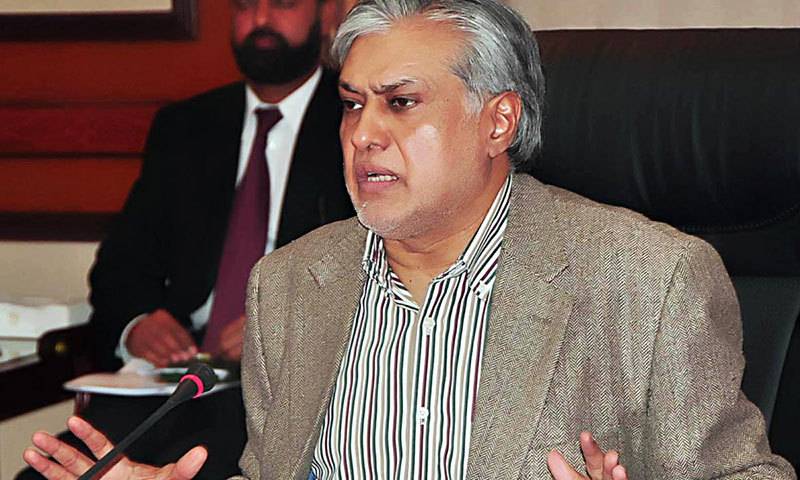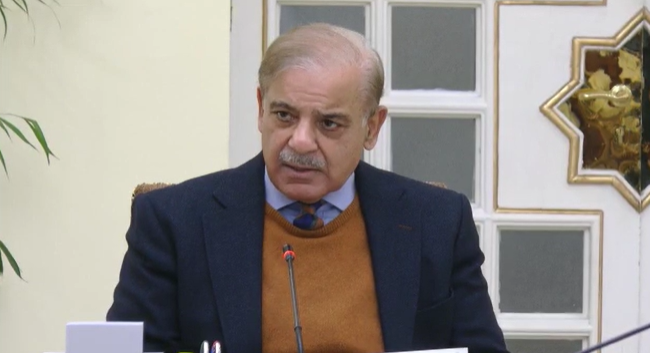PTBP Web Desk
An accountability court in Islamabad has deferred its judgment in the high-profile £190 million reference case involving the Pakistan Tehreek-e-Insaf (PTI) founder and former Prime Minister Imran Khan, as well as his spouse, Bushra Bibi. The decision, originally scheduled for December 23, has been postponed to January 6, 2025.
The case, often referred to as the Al-Qadir University Trust case, has garnered significant attention due to its complex legal and political implications. Here’s a detailed look at the developments surrounding this case.
During the hearing on December 23, Judge Nasir Javed Rana informed the defendants’ legal team that the verdict would not be announced as planned. The delay was attributed to the court’s winter vacations, set to begin from December 24 and continue until December 31.
The judge mentioned additional obligations at the high court, further contributing to the postponement. Court staff later confirmed that the verdict is now scheduled for January 6, 2025. The delay has sparked a mix of reactions from political analysts and legal experts, as this case holds potential ramifications for the country’s political landscape.
The National Accountability Bureau (NAB) initiated an inquiry into the Al-Qadir University Trust case in March 2023, escalating it to a full investigation by April 28 of the same year. The case centers on allegations that Imran Khan and Bushra Bibi accepted financial benefits, including billions of rupees and vast tracts of land, from Malik Riaz, the CEO of Bahria Town Private Limited.
According to NAB, these benefits were offered in exchange for facilitating a settlement with the UK’s National Crime Agency (NCA). Malik Riaz had agreed to a settlement involving Rs 50 billion, which was adjusted as a fine imposed by Pakistan’s Supreme Court. The prosecution claims this adjustment served as the basis for the alleged quid pro quo.
Following a year-long investigation, the couple was formally indicted on February 27, 2024. The trial, which lasted approximately 12 months, saw the testimony of 35 witnesses presented by NAB. PTI’s legal team actively cross-examined these witnesses, highlighting alleged inconsistencies and defending the innocence of Imran Khan and his wife.
Prominent witnesses included former Principal Secretary Azam Khan, former Chief Minister Pervez Khattak, and former Federal Minister Zubaida Jalal. Their testimonies shed light on the alleged misuse of authority and financial irregularities tied to the settlement.
The case doesn’t only involve Imran Khan and Bushra Bibi. Other notable individuals have been named as co-defendants, including:
- Farhat Shehzadi (Farah Gogi): Allegedly played a role in facilitating financial transactions.
- Shehzad Akbar: Former special assistant to the prime minister on accountability and ex-chairman of the Asset Recovery Unit (ARU).
- Malik Riaz Hussain: CEO of Bahria Town Private Limited, accused of offering financial benefits and land.
- Ziaul Mustafa Nasim: Former ARU expert on international criminal law.
- Syed Zulfiqar Abbas Bukhari: A former trustee of the Al-Qadir Trust.
- Ahmed Ali Riaz: Alleged to have played a role in land acquisition related to the trust.
NAB claims these individuals conspired to misuse public funds and authority, causing significant financial losses to the state.
The delay in the verdict has sparked debate across political and legal circles. Imran Khan’s legal team insists on his innocence, framing the case as politically motivated. They argue that the charges lack concrete evidence and are part of a broader campaign to undermine Khan’s political standing.
Conversely, government officials and opposition leaders have pointed to the seriousness of the allegations, emphasizing the need for a transparent judicial process. Legal experts believe the outcome of this case could set a significant precedent for holding public figures accountable in Pakistan.
As the January 6, 2025, verdict date approaches, all eyes remain on the Islamabad accountability court. The outcome could have profound implications, not just for the individuals involved but also for the country’s broader efforts to combat corruption and uphold the rule of law.




